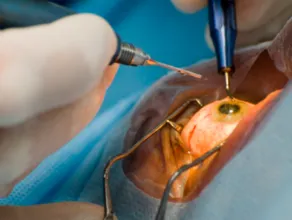
Cataract Surgery
Comprehensive Medical Services for Your Well-being
Learn about Cataract Surgery
Cataract surgery has transformed the lives of millions of individuals worldwide. A highly specialized surgical intervention designed to restore clarity and visual acuity to individuals suffering from cataracts, a common age-related eye condition. Cataracts occur when the natural lens of the eye becomes cloudy, leading to blurred vision, reduced contrast sensitivity, and difficulty with daily activities.
Cataract surgery is a safe, effective, and routine procedure. During the surgery, the cloudy lens is skillfully removed and replaced with an artificial intraocular lens (IOL), meticulously chosen to address the patient's specific visual needs. The entire process is conducted with utmost precision and care, ensuring optimal visual outcomes and minimal discomfort. The cataract surgery let you experience the gift of restored vision.
Cataracts can vary in severity and progression. Regular eye examinations with an ophthalmologist are essential for accurate diagnosis, appropriate treatment, and timely intervention to ensure optimal visual health and quality of life.
Types of Cataract
-- Age-related cataract: This is the most common type and occurs as a natural part of the aging process. It typically develops gradually over time and is primarily caused by the breakdown of proteins in the lens.
--Congenital cataract: This type of cataract is present at birth or develops during early childhood. It can be caused by genetic factors, maternal infections during pregnancy, or certain medical conditions.
--Traumatic cataract: Trauma or injury to the eye can lead to the development of a traumatic cataract. This type of cataract can occur immediately after the injury or may develop weeks or months later.
--Secondary cataract: Secondary cataracts can develop as a result of other underlying eye conditions or systemic diseases, such as diabetes, long-term use of certain medications (such as corticosteroids), or previous eye surgeries.
--Radiation cataract: Exposure to high levels of radiation, such as during cancer treatment, can cause the development of radiation-induced cataracts.
--Cortical cataract: Cortical cataracts affect the outer edges of the lens and typically appear as wedge-shaped opacities. They may cause glare and difficulties with contrast sensitivity.
--Nuclear cataract: Nuclear cataracts occur in the central or "nuclear" portion of the lens and can cause nearsightedness and reduced visual acuity.
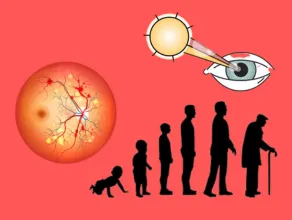
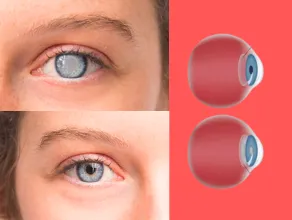
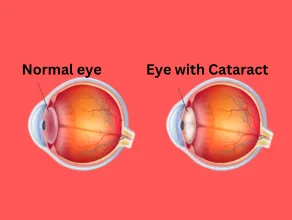
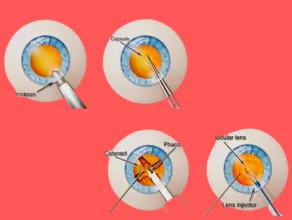
Causes of Cataract
Factors Behind Cataract Formation
Why choose Ishaan Hospital for Cataract Surgery?
Unmatched Expertise and Care for Cataract Treatment
